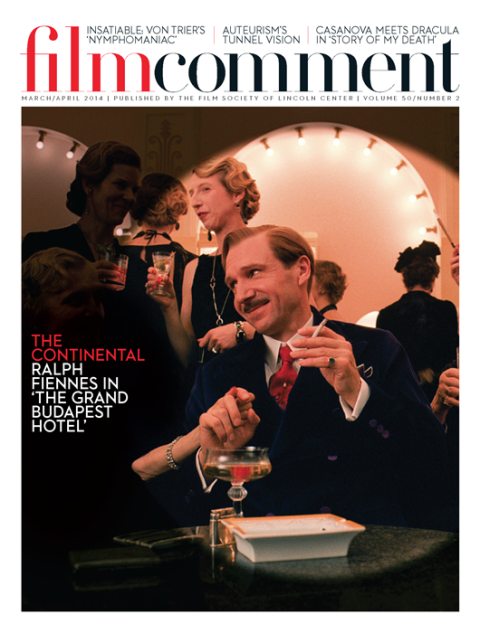
The Portuguese title of The Double, the José Saramago novel upon which Enemy is loosely based, is O Homem Duplicado, or “The Duplicated Man.” I like “Enemy” for its punchy portentousness—this is a film in which every stammer or pause billows with suspicion, inexplicable unease, or outright doom. But Saramago’s original title is instructive when applied to this layered, blackly comical, ingeniously eerie adaptation.
Adam Bell (Jake Gyllenhaal) is a depressed history professor shaken by the discovery of his doppelgänger, Anthony St. Claire (Gyllenhaal), a bit player in an inane comedy Adam watches on DVD late one night with minimal interest. Adam doesn’t initially register Anthony’s fleeting appearance at all; rather, he remembers the actor while reconstructing the film in a dream. Enemy so wholly immerses us in oneiric subjectivity that it doesn’t seem unreasonable to suppose that this double mightn’t have even existed had Adam not literally dreamt him up. From his apartment’s dearth of décor to the distracted tone of his lectures to the mechanical, unconsciously aggressive sex with his girlfriend (Mélanie Laurent), Adam seems so disconnected, so devoid of personality, so barely there, you might wonder if his double is summoned up because Adam himself is somehow incomplete. When Adam clumsily endeavors to track Anthony down, donning outsized sunglasses as a ridiculous disguise, it’s as though he’s suddenly discovered that his own self is a role he’s unable to inhabit convincingly. “Chaos is order yet undeciphered,” goes the film’s opening epigraph, and indeed, Enemy abounds with tantalizing suggestions of causality that are always only on the cusp of coherence.

Perhaps the same could be said of Quebecois director Denis Villeneuve’s filmography, which includes the intriguing, self-consciously quirky Maelstrom (00); Polytechnique (09), Villeneuve’s re-creation of the Montreal Massacre, whose formal rigor owes much to Gus Van Sant’s similarly schematized Elephant; the topical, symbol-laden revenge drama Incendies (10); and the topical, half-riveting, half-ridiculous revenge drama Prisoners (13), which also stars Gyllenhaal, and which sometimes feels like an apologia for the use of torture in the war on terror. A certain laudable impulse to provoke permeates these films, yet it seems to me that Enemy, while a more modest enterprise than its predecessors, is Villeneuve’s first film to fully capitalize on his playful, subversive tendencies. His use of Toronto is especially inspired, draining the city of character, bathing it in sickly amber, and drawing upon the most forbidding vistas of its downtown core and elevated freeways, of the University of Toronto’s brutalist architecture, and of outlying suburb Mississauga’s monolithic apartment towers, so as to render his setting as alienating and anonymous as possible—a place more akin to Dubai. (And maybe this stripping Toronto of allure is also a regionalist dig, given Quebec’s traditional animosity toward this hub of Anglo-Canadian culture.)
Enemy also showcases Gyllenhaal’s particular air of unease and pent-up aggression, his ability to carry a film without ingratiating himself—a quality established from the beginning in Donnie Darko. Embodying two of its central roles makes Enemy something of a one-man show for the actor: even when other characters speak to him, Villeneuve will hold on Gyllenhaal before cutting away, focusing on his reactions at the expense of his scene partner. And Gyllenhaal wisely underplays the distinctions between Adam and Anthony, leaving it to Helen (the excellent Sarah Gadon), Anthony’s wife and Enemy’s sole supporting role of substance, to alert us to those almost undetectable differences that only a spouse might notice. Helen is the closest thing that we have to an anchor; all else is enigma, the film’s erotic and ominous arachnid imagery most of all. What drives Enemy is the primordial anxiety surrounding our need to feel unique—there’s even a key, given to Adam by an unknown, perhaps all-knowing, party, which reads UNICA. No such anxiety need trouble Villeneuve and company; among all the movies out there about seeing double, this one feels genuinely singular.








